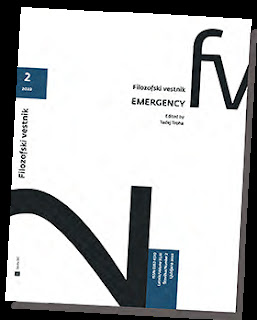For more than 30 years, policy-makers have believed, and relied on, market mechanisms to respond to rapidly rising fossil fuel emissions and a heating planet. They have failed, and an era of climate disruption is now upon us. This post is an extract on "Markets and disruption" from a recent article, "Reclaiming 'Climate emergency'", published (in English) in a special issue on emergencies of the Slovenian journal Filozofski vestnik in March 2023.
by David Spratt
Markets crave stability and fear disruption. Yet the world is entering an era of instability and uncertainty driven in part by climate-related financial risks, preventing the market generation of reliable prices. Energy markets provide just one example.
In 2011, Paul Gilding concluded that it was an illusion to think the contradictions can be resolved within the current economic frame and that disruption and chaos was now inevitable as system failure occurs. Five years earlier, Nicholas Stern had said that "paths requiring very rapid emissions cuts are unlikely to be economically viable" and disruptive because “it is difficult to secure emission cuts faster than about 1% per year except in instances of recession.”


